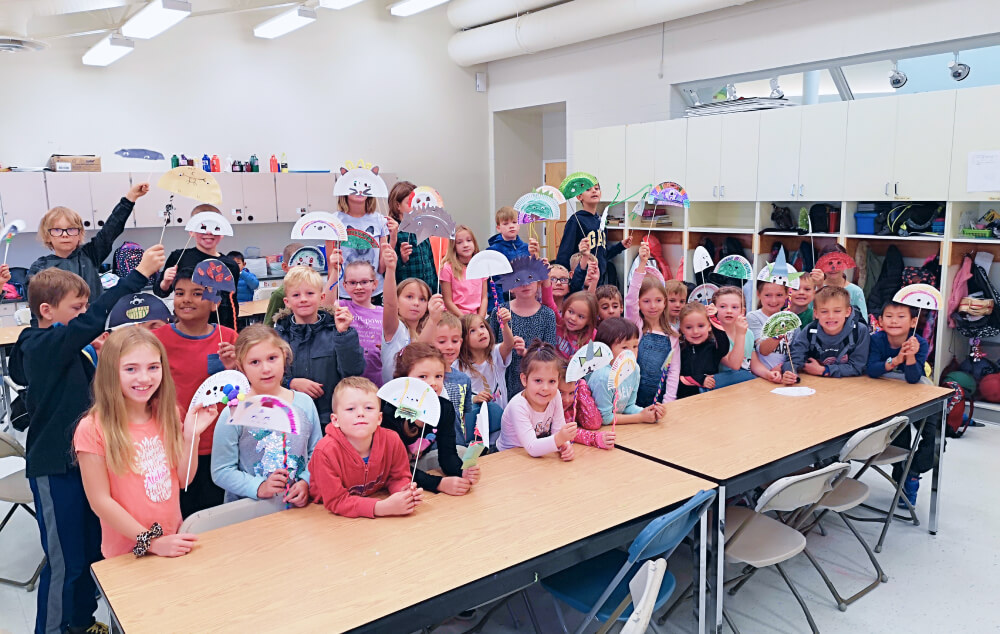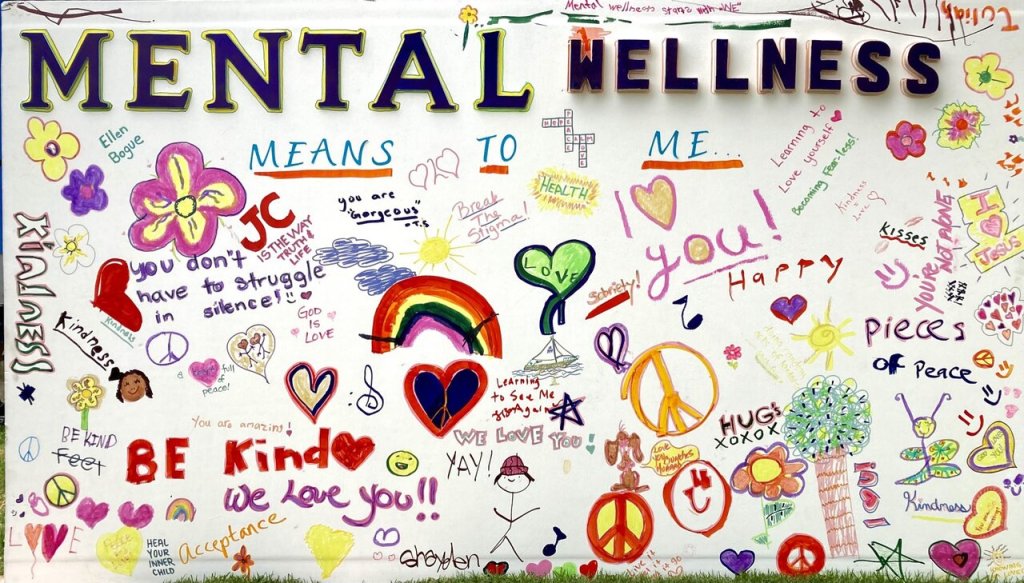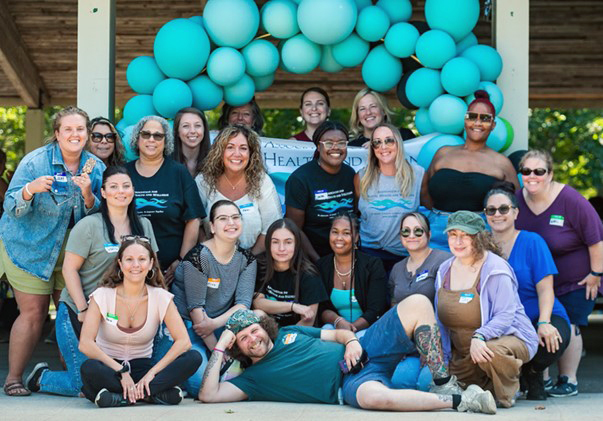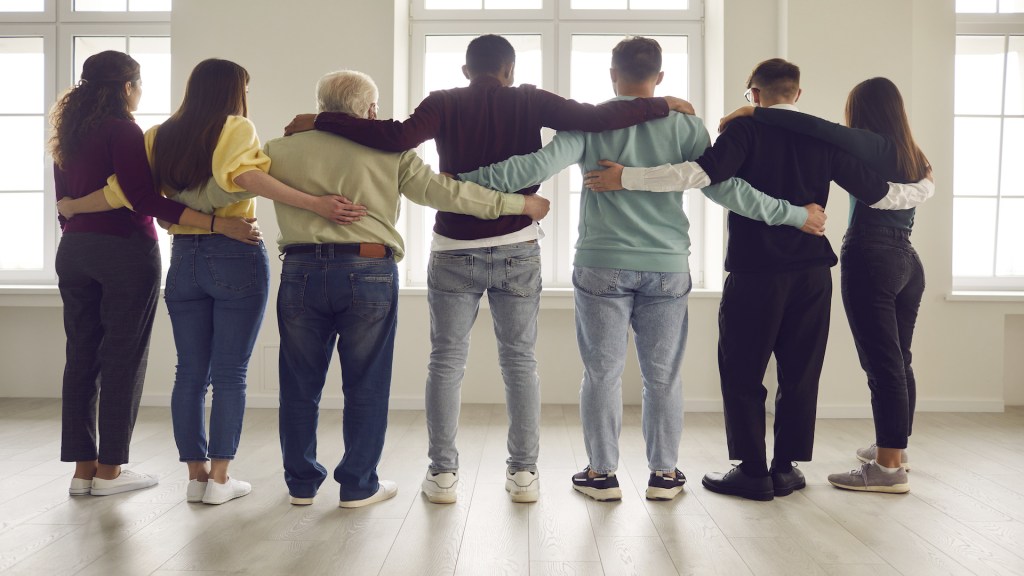Mental health support in Saskatoon
Every child deserves a safe, supportive space to grow, learn and thrive. For many families in Saskatoon, accessing essential mental health support is a challenge. Long wait times, financial barriers and systemic barriers often mean that those who need help the most are left struggling. BGC Saskatoon is working to change that. “For low- and […]







